End of treatment clinic
Category: Treatment
The problem identified
During treatment patients are regularly reviewed by healthcare professionals. On completion of initial treatment patients often feel abandoned and anxious as to what the future holds and are fearful about cancer recurrence. Our oncologist sees patients in district general hospital (DGH) but is employed by cancer centre; as such up to date oncological documentation is not immediately available on DGH hospital IT system.
The intervention made to change the problem
We discussed the concept of introducing a nurse-led end-of-treatment clinic with multidisciplinary colleagues. All agreed it would benefit patients; another essential benefit each patient seen would have an oncology end of treatment summary. Decision made to introduce a face-to-face nurse-led end-of-treatment clinic assessment. A template was set up to capture workload and a proforma devised to meet the needs of this specific assessment.
Assessment summary would be sent to patient, treating consultant, patient's GP and available on DGH IT system.
How it changed my practice
Patients are invited to attend clinic for an end of treatment review. Discussion occurs in informal setting; a private relaxed atmosphere is provided to enable patients to talk about different aspects of their life and disclose/discuss their concerns. Follow up plans are confirmed, possible future treatment options discussed, we provide education and advice on common physical post treatment issues such as pain, fatigue and breathlessness, feelings of depression and anxiety that frequently persist after treatment are also discussed and explored. Symptom management now and what to look out for in the future is discussed and where appropriate end of life preferences approached.
Patients appear to value this assessment.
Following this face-to-face end-of-treatment summary, the proforma is completed by one of the lung cancer nurse specialists; a copy is sent to the patient, GP, treating consultant and is promptly downloaded onto DGH hospital IT system.
This comprehensive end of treatment summary includes each patient PS, co-morbidities, diagnosis, stage at diagnosis, treatment to date, response (or lack of response) to treatment and future treatment options or lack of options.
It is a resource with many advantages; providing accurate up to date information. In the event of emergency admissions; clinicians can access this essential information to ensure appropriate clinical decisions made. It aims to provide the patient and healthcare professionals of the actions they should take in the event of new concerns, and who to contact with questions.
Resource / Cost implications
Assessment and completion of proforma is time consuming for lung cancer nurse specialist.
Patient seen in existing nurse led clinic each patient 1 hour session. Additional specialist nurse time needed to complete proforma.
